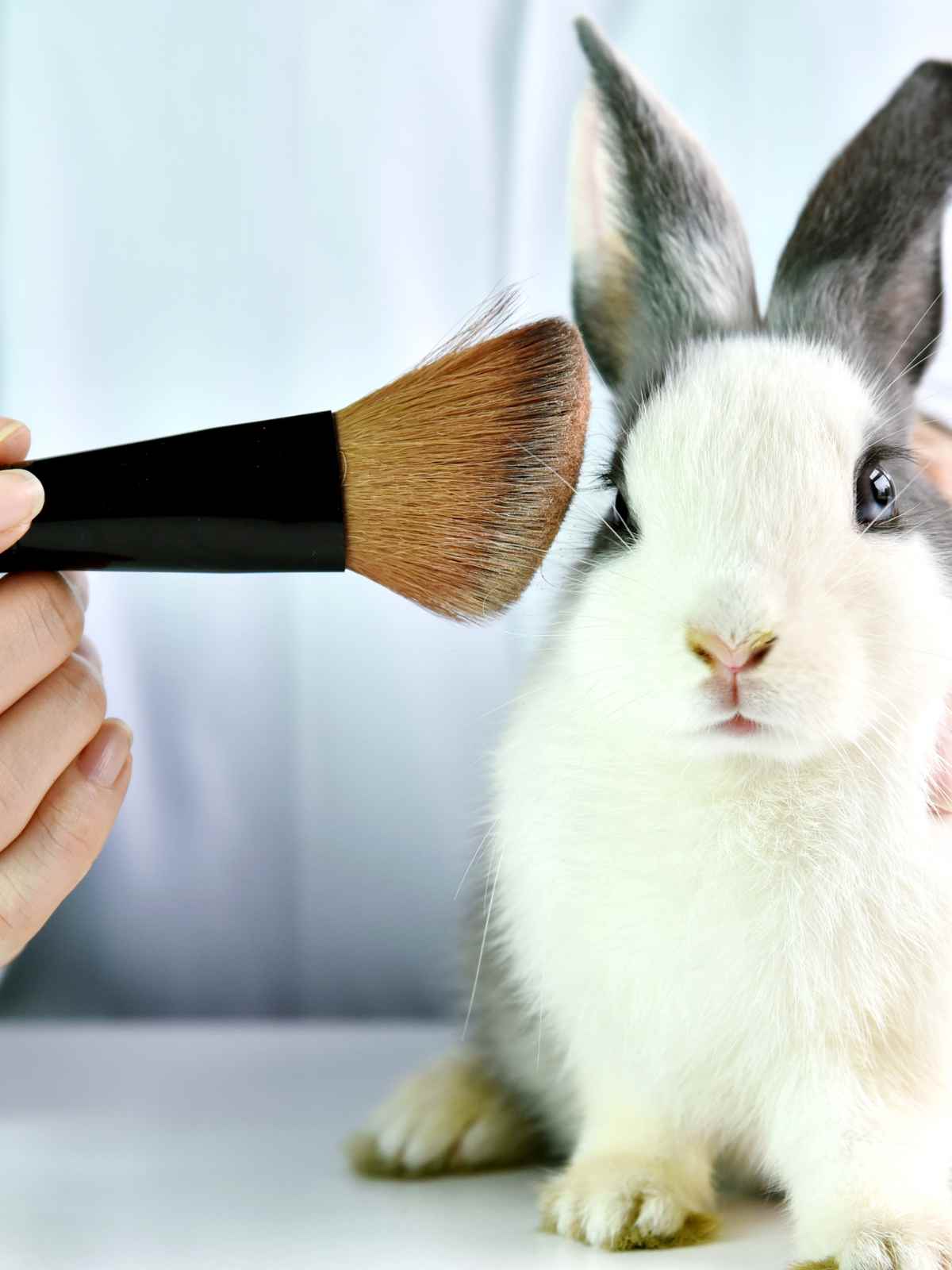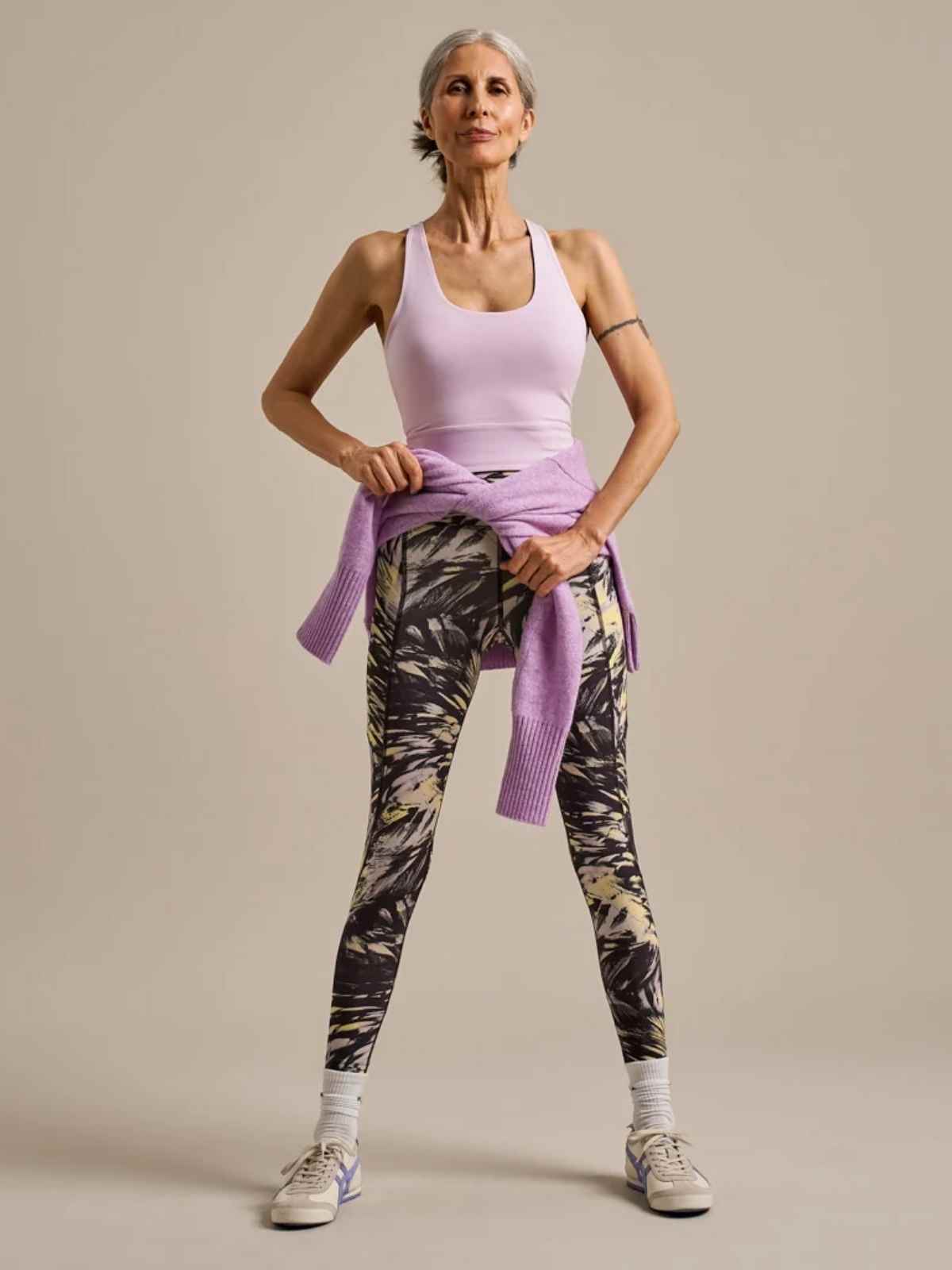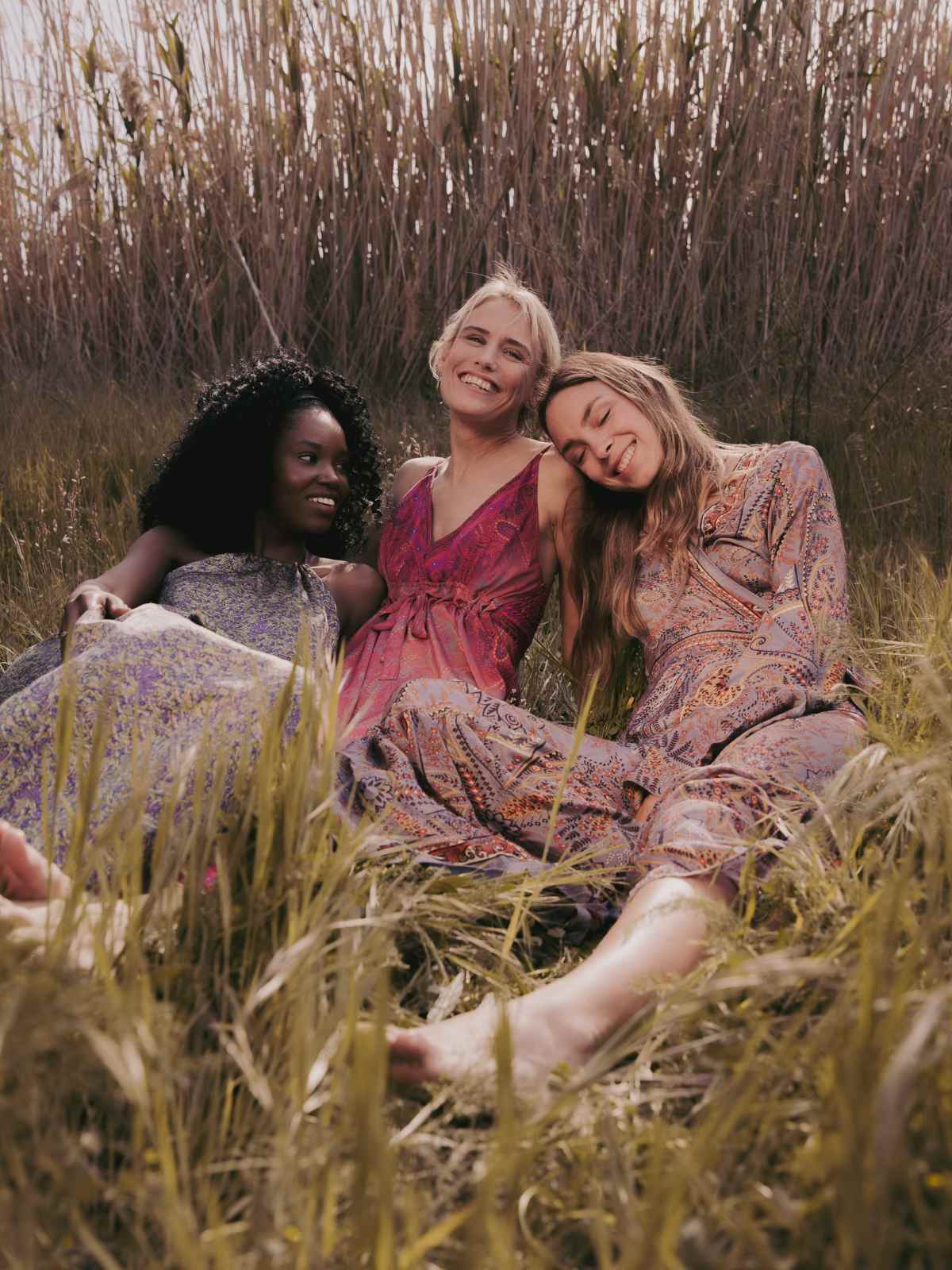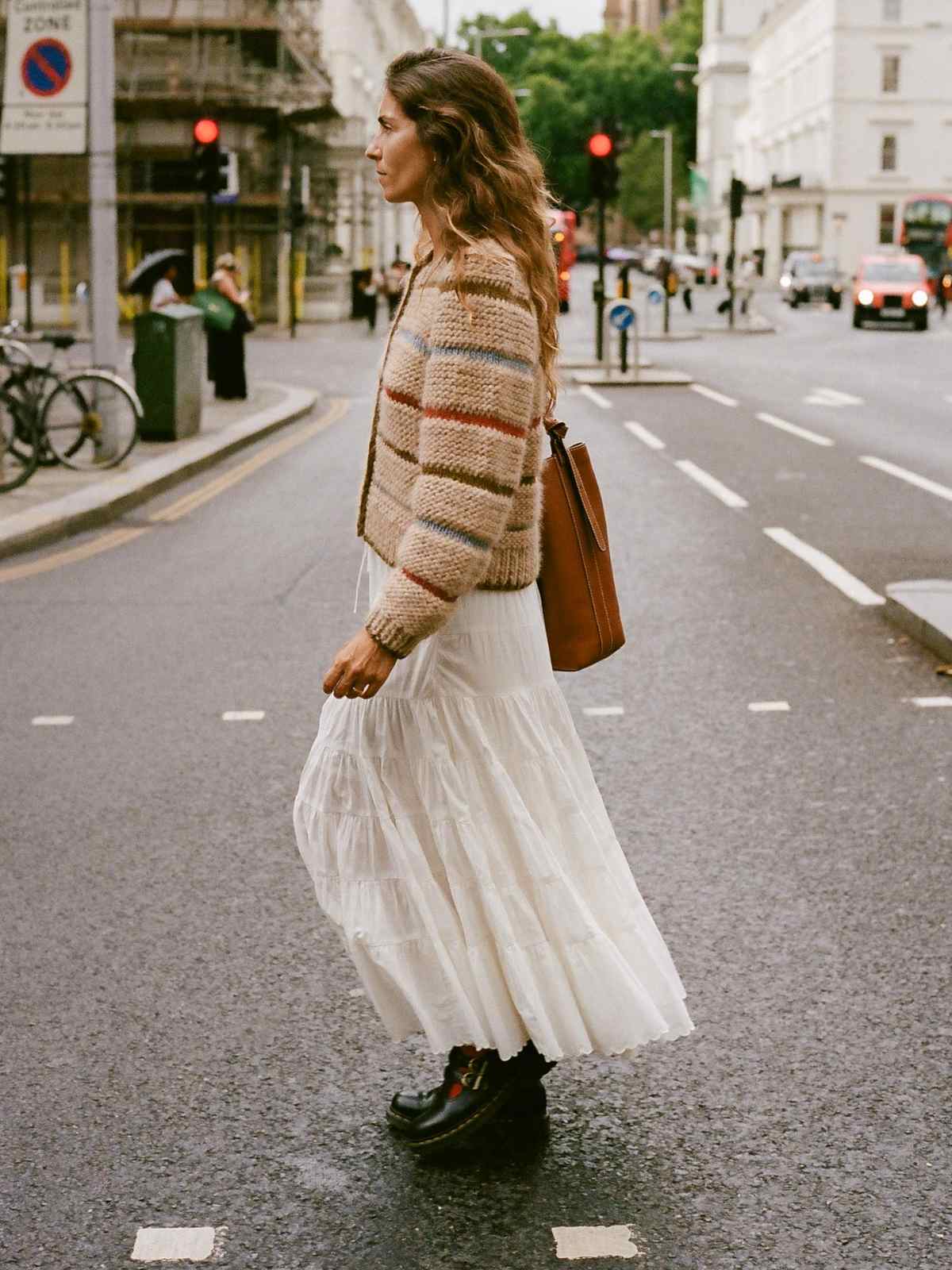Ethical fashion may be on-trend right now, but it’s more than a passing fad. An increasing number of ethical brands are changing the way we think about our clothes. If our style is a reflection of who we are and what’s important to us, then ethical fashion represents a shift towards being conscious of how our choices impact the planet and its inhabitants.
Good On You is an ethical rating system for fashion. We’ve done the research and spoken to the experts, the campaigners and the brands, to come up with simple ratings for how each label impacts three key areas: people, planet and animals. We score each brand on these issues and give an overall rating from ‘We Avoid’ and ‘Not Good Enough’, through ‘It’s A Start’, to ‘Good’ and ‘Great’.
Good On You is here to give you, our users, easy-to-understand information so that you can look good, and feel good about the clothes you wear. We also work to change the fashion industry by celebrating the brands that make ethics and sustainability part of their identity. In 2019, we started working with global fashion retailer Farfetch, helping them curate their Positively Conscious collection. That means all of the brands in the collection have been fully researched, assessed, and chosen with care.
So what do we look for when we rate an ethical brand? Here’s the breakdown:
People
Before that gorgeous new party dress arrived on your doorstep, it was harvested, spun, dyed, cut, assembled and packed by many hands. When we assess how a brand impacts people, we look at how its workers are treated across the supply chain. These include policies and practices on child labour, forced labour, worker safety, the right to join a union and payment of a living wage. We also consider a brand’s relationships with their suppliers and whether they audit their factories.
We rate brands such as denim favourites Citizens of Humanity (Good) which manufactures in the USA and has a supplier code of conduct that covers International Labor Organisation principles. Or shoewear brand Veja (Good) that traces and audits its supply chain and ensures a large proportion of workers get a living wage. No Nasties (Great) is an Indian clothing brand that ensures payment of a living wages, and traces and audits its entire supply chain. Then there’s luxury label By Walid (Good), which embraces the artisanal skills of owner Walid al Damirji and a small team who hand-make garments in-house using antique materials.
Planet
With climate change and plastic pollution hitting the headlines every week, we want to know that the clothes we buy are not trashing the planet. For the environment, we consider each brand’s use of resources and energy, whether they measure and reduce carbon emissions, their impacts on water, as well as how they use and dispose of chemicals.
We rate brands such as LA-based Reformation (Good), which brings the eco to everyday fashion by using sustainable materials like Tencel, and reusing all its offcuts. For resort wear, there’s Mara Hoffman (Good), which targets waste with swimwear made from recycled plastic fishing nets. Bethany Williams (Good) creates streetwear from waste, and partners with social enterprises in her collections. EcoAlf (Good) embraces the great outdoors with eco-friendly and recycled materials, produced locally to reduce emissions.
Then there’s ethical fashion leader Stella McCartney (Good). Stella continues to push boundaries with her label. She has adopted a science-based target to reduce greenhouse gas emissions, uses eco-friendly materials, reduces harmful chemicals and wastewater and is generally a global pioneer for sustainable luxury fashion.
Animals
In the past few years a whole range of fashion brands have heeded the call from animal lovers and gone fur-free, but there are some other things to look for too. For our animal ratings we identify the use of fur, angora, down feather, shearling, karakul and exotic animal skin and hair. We also consider if wool has been produced using ‘mulesing’ and whether and how the brand uses leather.
Stella McCartney is a leader here as well. As a committed vegetarian, Stella McCartney’s brand is one that has animal rights in its DNA. Her Adidas by Stella McCartney (Good) collection even saw the release of the first vegan Stan Smith trainers. Maggie Marilyn also considers the ethical treatment of animals. The consciously created brand from New Zealand doesn’t use any animal products except for wool from non-mulesed sheep, and Peace silk.
The Good On You rating system focuses on how new fashion is made, because the biggest impact of fashion is in the supply chain. By shopping the Positively Conscious collection, you’re supporting pioneering brands that have made ethics and sustainability part of their identity, and joined millions of people the world over who are choosing fashion that takes care of people, planet and animals. To build on your ethical wardrobe, it’s also worth looking at pre-owned garments and extending the life of your clothes my mending, altering and following care instructions.



















